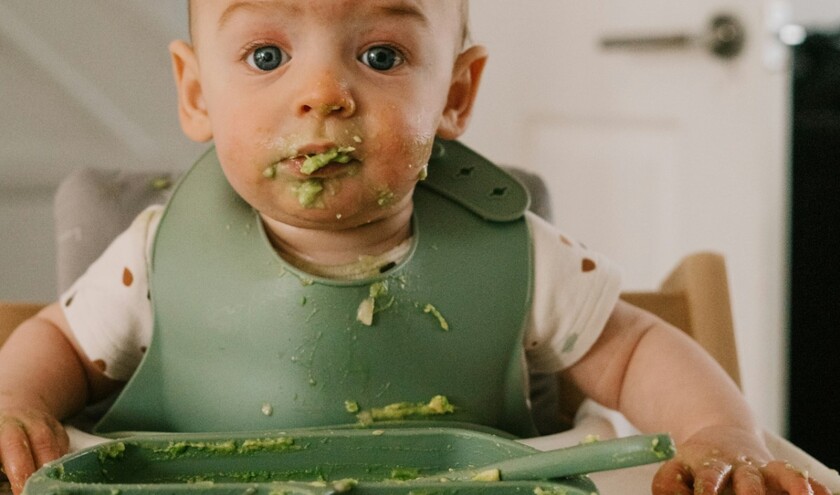Baby food manufacturers will be given 18 months to reduce sugar and salt levels in baby foods aimed at children up to 36 months old.
Businesses will be challenged to change the recipes of their products to reduce levels of salt and sugar, without using sweeteners, as these are not permitted for use in commercial baby food.
In addition, clearer labelling guidelines will be introduced to help parents understand more easily what food they are buying for their children.
The guidelines will also tackle misleading labelling that often conflicts with official feeding advice. For example, some products labelled as snacks for babies from seven months onwards directly contradict government recommendations that children aged 6-12 months do not need snacks between meals, only milk.
Manufacturers will also be told to cease using misleading marketing claims that make products appear healthier than they are, when products may be high in sugar.
Public health minister, Ashley Dalton, said: ‘Every child deserves a healthy, happy start to life. But babies' development is being harmed by poor diets and unhealthy food, holding them back and piling up pressure on the NHS.
‘Too often, parents are bombarded with confusing labels, disguising unhealthy foods packed with hidden sugars and salt. Our Plan for Change will tackle this, giving parents the information they need and providing children with good nutritious food.'
The move comes as data from the National Diet and Nutrition Survey published in June shows that more than two-thirds of children aged 18 months to 3 years are eating too much sugar, while over a fifth of children aged 4-5 years are overweight or living with obesity in England.
In response, Dr Hannah Brisden, head of policy and advocacy at Food Foundation, said: ‘Giving every child the best start in life begins with good nutrition. Today's announcement on commercial baby foods highlights the need to protect families from aggressive marketing and end misleading claims on sugary products. Our research found up to 43 claims on a single baby snack, despite many being high in sugar.
‘The industry has been warned to clean up their act with voluntary guidelines, but to truly protect children, mandatory standards are needed. We urge the government to monitor progress closely and be ready to step in if companies don't act.'



